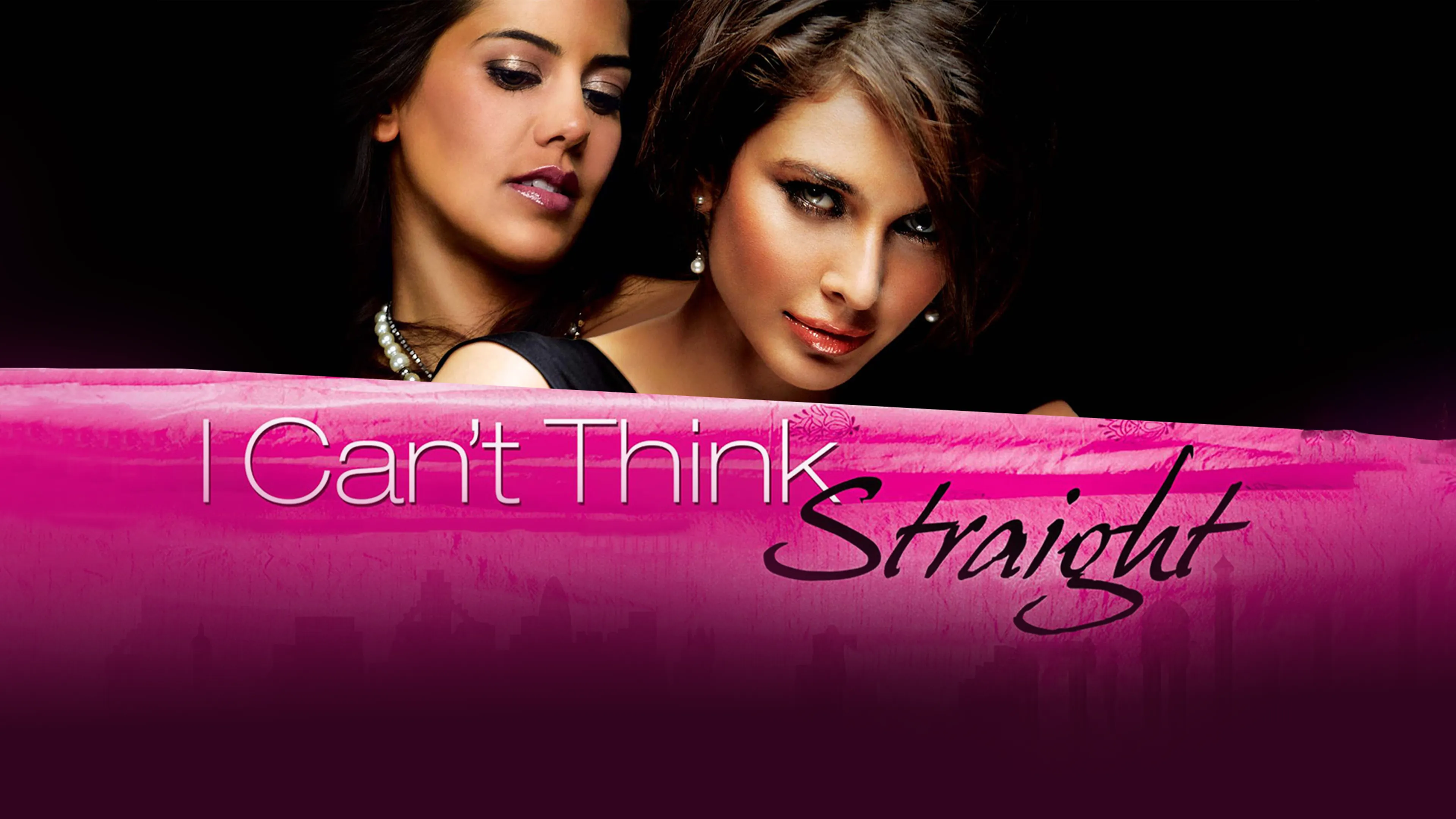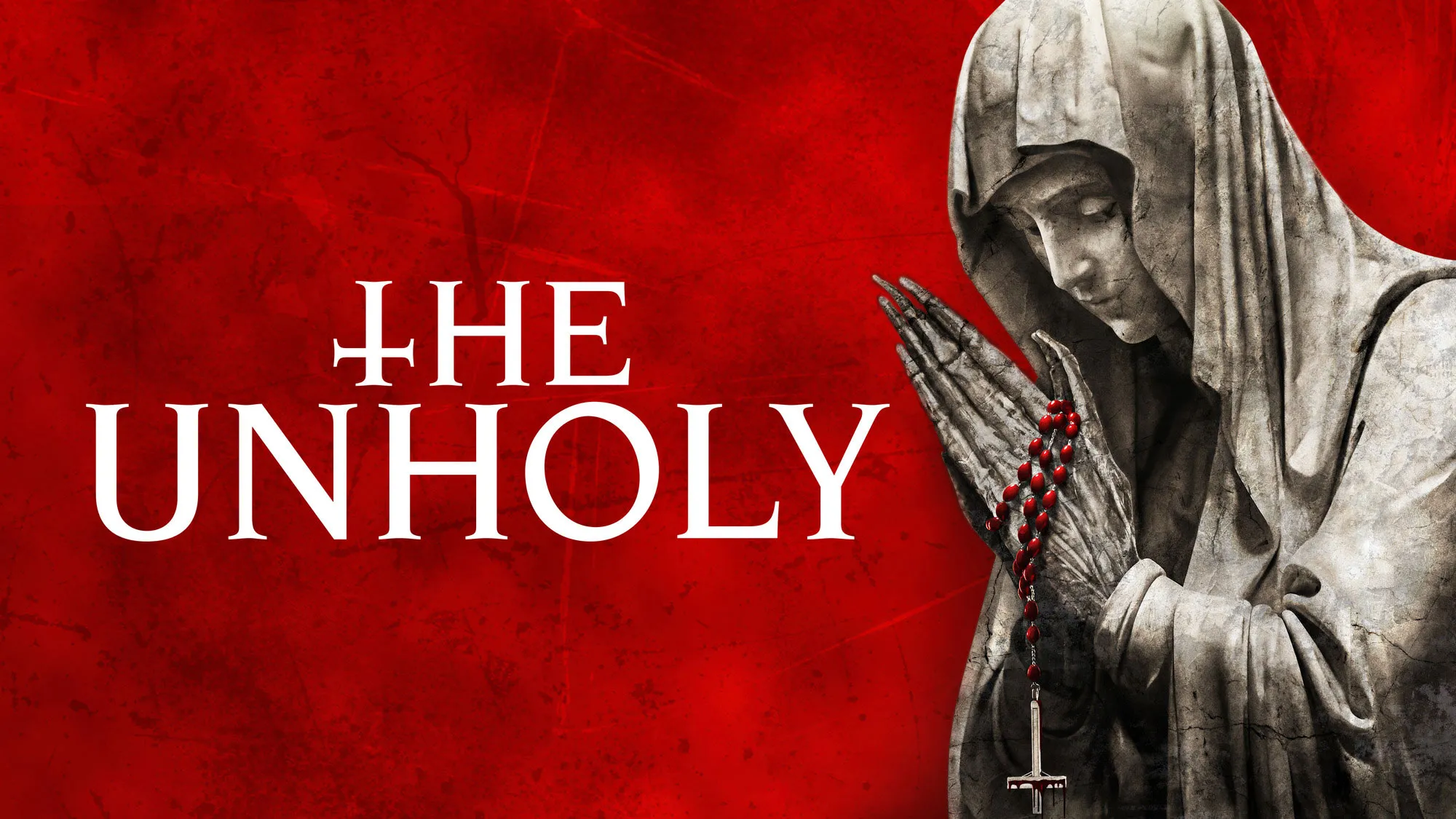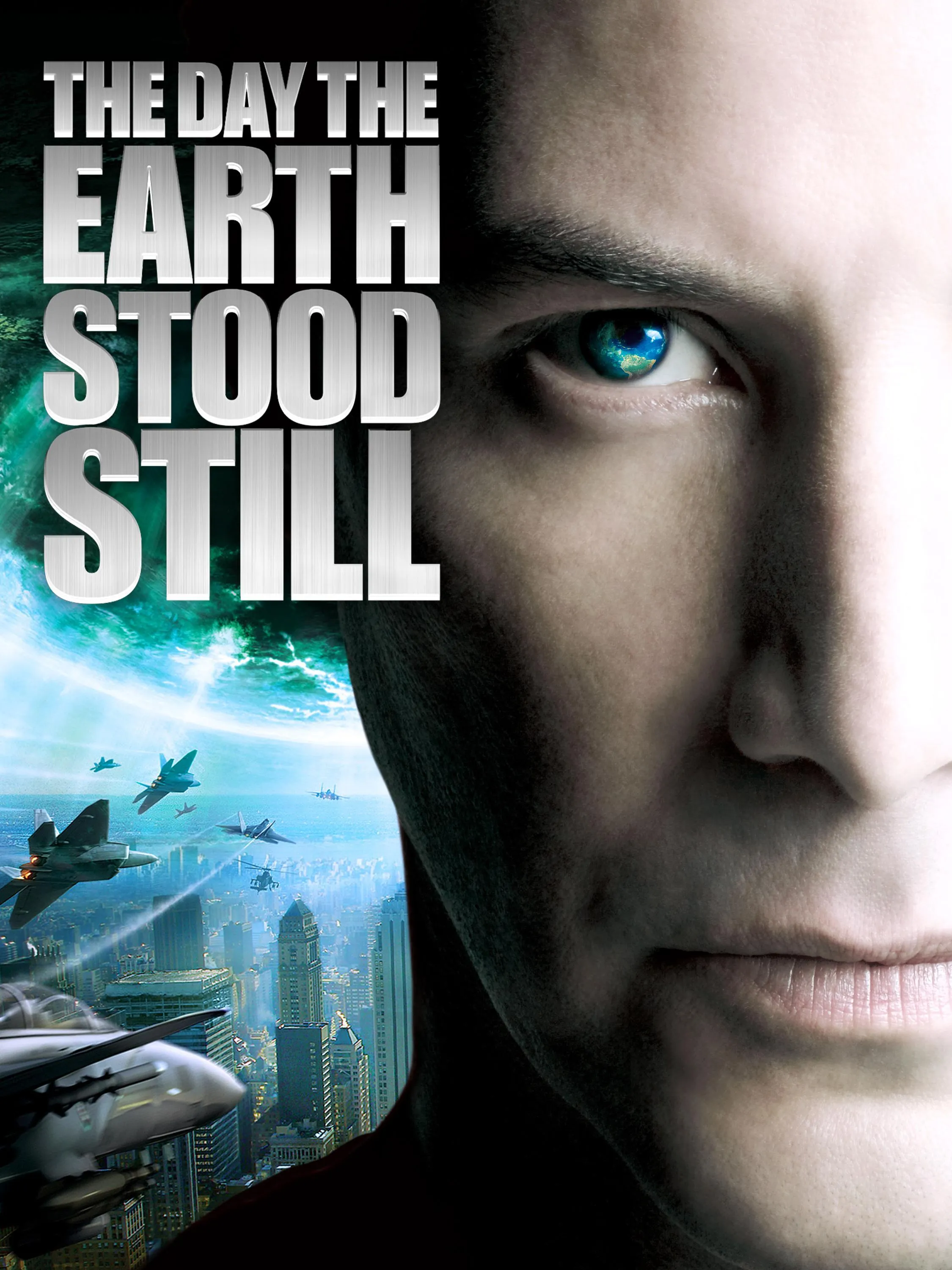I Can’t Think Straight (2008) – A Beautiful Journey of Love and Self-Discovery
I Can’t Think Straight (2008), directed by Shamim Sarif, is a heartwarming romantic drama that tells the story of two women from different cultural backgrounds who find unexpected love in each other. The film follows Tala (Lisa Ray), a spirited and independent Jordanian woman from a wealthy Christian family, and Leyla (Sheetal Sheth), a quiet and introspective British Indian Muslim. As they navigate their deepening connection, they must confront societal expectations, personal fears, and the courage it takes to be true to themselves.
Tala is engaged to be married, following the traditional path set for her by her family. Confident and seemingly in control, she appears to have her life planned out. However, everything changes when she meets Leyla, a soft-spoken writer who is still figuring out her own identity. What starts as a friendship quickly turns into something more profound, challenging both women to reexamine what they truly want in life.

The chemistry between Lisa Ray and Sheetal Sheth is electric, making every shared glance and moment between Tala and Leyla feel deeply intimate. Their love story unfolds with tenderness and intensity, portraying the beauty and struggles of falling for someone against all odds. As they wrestle with their emotions, the film explores the internal and external conflicts that many LGBTQ+ individuals face.
One of the strongest aspects of I Can’t Think Straight is its exploration of cultural and familial pressures. Tala's family expects her to follow tradition, while Leyla’s parents, though more progressive, struggle with accepting her truth. These dynamics add depth to the narrative, making the love story even more poignant and relatable.

Beyond the romance, the film is infused with humor and warmth, offering lighthearted moments that balance the heavier themes of self-acceptance and societal constraints. The witty dialogue and playful interactions between the characters create a refreshing contrast to the more dramatic moments.
Visually, I Can’t Think Straight is stunning, with beautifully captured scenes that reflect the contrast between Tala’s luxurious Jordanian world and Leyla’s more grounded British-Indian lifestyle. The cinematography enhances the emotional depth of the film, immersing the audience in their journey of love and self-discovery.

As the story unfolds, both women must make difficult choices—Tala, between her family’s expectations and her own happiness, and Leyla, between staying silent or embracing her true self. Their journey is one of courage, heartbreak, and ultimately, hope. The film delivers a powerful message about authenticity, love, and the importance of living one’s truth.
In conclusion, I Can’t Think Straight is a beautiful and inspiring film that resonates with anyone who has ever struggled with identity and love. With its compelling performances, heartfelt storytelling, and cultural depth, it stands as a significant LGBTQ+ film that celebrates love in all its forms. Whether you’re looking for romance, drama, or a story of empowerment, this film is a must-watch.



